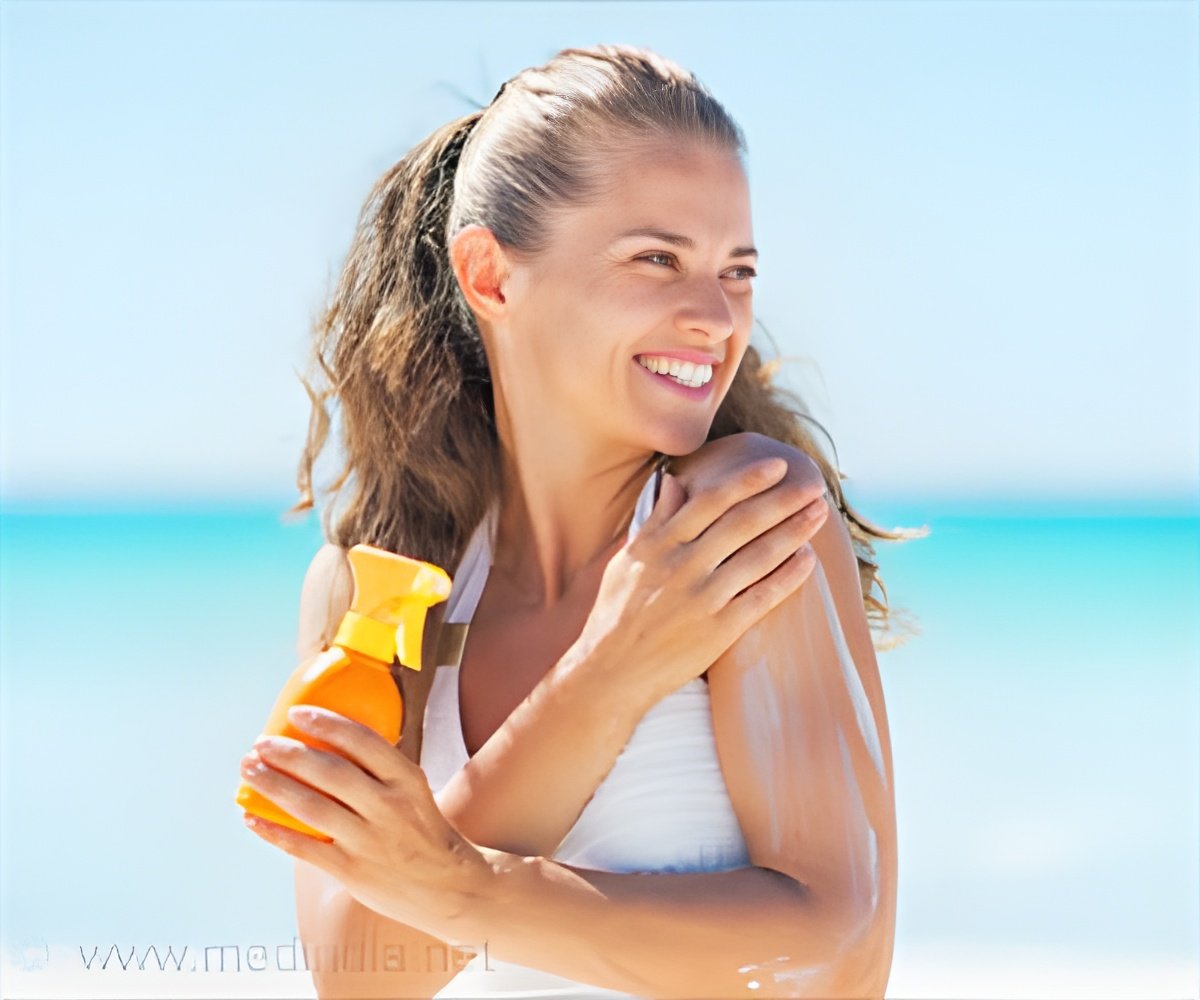Do you know: Sunscreen chemicals in seawater may pose a risk to human health. Beware, the chemicals in your sunscreen may cause birth defects and infertility.

‘Sunscreen chemicals in seawater can affect your health. Chemicals in your sunscreen may cause birth defects, infertility and pose a risk to human health.’
Read More..




As the genetic structure of zebrafish resembles that of humans, the results imply that these contaminants could pose a risk to humans. The study also revealed that these contaminants are commonly found in the coastal waters of Hong Kong.Read More..
The team was led by Dr. Kelvin Leung Sze-yin, Associate Professor of the Department of Chemistry of HKBU. The team collected seawater samples from 30 locations off the Hong Kong coast. Seven commonly used organic UV (ultra-violet) filters, the active ingredients in sunscreens, were investigated. The team also collected fish, shrimps, mussels and other wild organisms from seven local aquaculture farms around Hong Kong.
The team found the presence of UV filters in concentrations ranging from 3.1 to 51.3 nanograms in each gram of the samples. The findings indicated that the UV filters that accumulated in marine life could possibly pass up the food chain to humans and affect our health.
The team collected the samples at depths of two metres in the sea, extracted the samples using the "solid phase extraction" method followed by highly sensitive instrumental analysis, a process designed to obtain reliable environmental data of UV filters.
The team simulated the real aquatic environment in a laboratory where contaminated artemia were fed to zebrafish for 47 days. The contaminated water contained three commonly used UV filters, namely benzophenone-3 (BP-3), ethylhexyl methoxycinnamate (EHMC) and octocrylene (OC).
Advertisement
Dr. Kelvin Leung said the study found that the combined presence of BP-3, EHMC, and OC creates "a mixture effect" that increases their accumulation compared with the case when only one chemical is present. This increase was particularly marked in zebrafish.
Advertisement
Dr. Leung said, "UV light increases the risk of premature skin aging, freckles and triggers skin cancer. Organic or chemical UV filters that can absorb or block UV radiation are extensively applied in personal care products including sunscreens. Besides, UV filters are also widely found in textiles, plastics, and rubber as protection against photo-degradation."
Dr. Leung added, "After human use, the organic/chemical UV filters in sunscreens are discharged into the sea either directly by being washed off with sea water or indirectly through discharge of wastewater. Eventually, they enter the sea, thereby posing a threat to marine organisms and the ecosystem."
Dr. Leung called for regulations to cover the use of chemicals in personal care products and said more research should be done on the long-term impact of these contaminants. He recommends the usage of natural, mineral-based sunscreens, for instance, Titanium dioxide and Zinc oxide.
Source-Eurekalert











